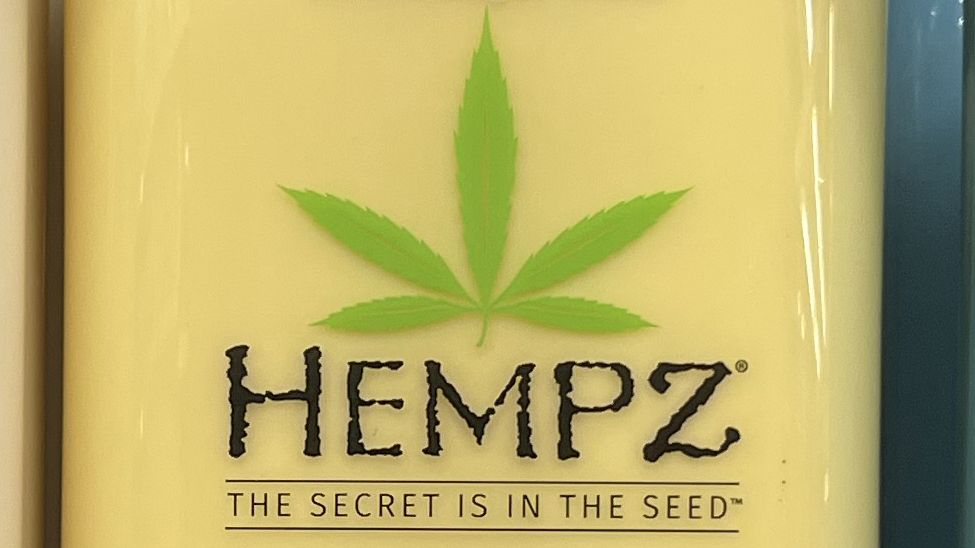The rapid evolution of the hemp oil industry has collided with the immense retail power of Amazon, bringing both opportunities and complications to producers, distributors, and consumers alike. For hemp oil manufacturers emphasizing extract quality, transparency, and regulatory compliance, the influence of such a retail giant represents a double-edged sword.
Amazon currently hosts thousands of products labeled as “hemp oil,” despite maintaining a policy that prohibits the sale of ingestible cannabidiol (CBD) products on its U.S. platform. Independent analyses of these listings have found that a large share of “hemp” products contain little to no actual hemp or cannabinoids, with some even testing positive for trace amounts of THC. A significant majority also fail to provide accurate dosage or ingredient information.
This misleading product landscape has become a multibillion-dollar concern. Analysts estimate that Amazon’s hemp oil category alone generates tens of millions of dollars annually—sales that could otherwise support verified and compliant hemp oil brands. As a result, legitimate producers not only face regulatory hurdles and production costs but must also compete with misleading, low-quality listings that erode consumer confidence.
From a retail perspective, Amazon’s role in the hemp oil market has three key impacts:
1. Reputation Erosion
The abundance of mislabeled or misleading hemp oil listings has weakened consumer trust. Shoppers unfamiliar with the differences between hemp seed oil and CBD oil often purchase ineffective or misrepresented products, which can cause them to question the entire hemp supplement industry. For reputable brands that invest in third-party testing, accurate labeling, and transparent sourcing, the marketplace chaos poses a serious reputational challenge.
2. Channel Distortion
Mainstream e-commerce platforms function differently than specialized health and wellness retailers. While Amazon enforces broad policies against ingestible CBD, sellers often bypass restrictions by using ambiguous terms like “hemp extract” or “hemp oil,” making it difficult for consumers to know what they are actually purchasing. This loophole allows unverified products to reach global audiences, undercutting the pricing and credibility of fully compliant brands.
3. Regulatory and Financial Pressure
The proliferation of questionable hemp oil listings on major retail platforms draws increased attention from regulatory agencies. Reports of mislabeled or contaminated hemp products have prompted concerns from the Food and Drug Administration (FDA) and consumer protection groups. As a result, compliant hemp oil producers face higher operational costs for testing, certification, and documentation—expenses not borne by less-scrupulous competitors.
Looking ahead, the presence of big-box retailers in the hemp oil category offers both promise and peril. If platforms like Amazon were to authorize verified hemp extract or CBD oil products with strict oversight and transparent labeling, they could play a pivotal role in legitimizing the industry. However, without clearer enforcement, the marketplace risks continuing to flood with misleading listings that undermine consumer trust.
For now, credible hemp oil brands must balance the visibility that comes with selling on Amazon against the reputational risks of being lost among non-compliant competitors. Building trust through direct-to-consumer sales, brand education, and verified sourcing remains one of the most effective ways to stand out in an increasingly crowded and confusing online marketplace.
Ultimately, Amazon’s influence on the hemp oil sector is undeniable—offering massive reach and accessibility, yet also amplifying systemic credibility risks. The companies that succeed will be those that navigate this balance with transparency, integrity, and long-term consumer trust.

